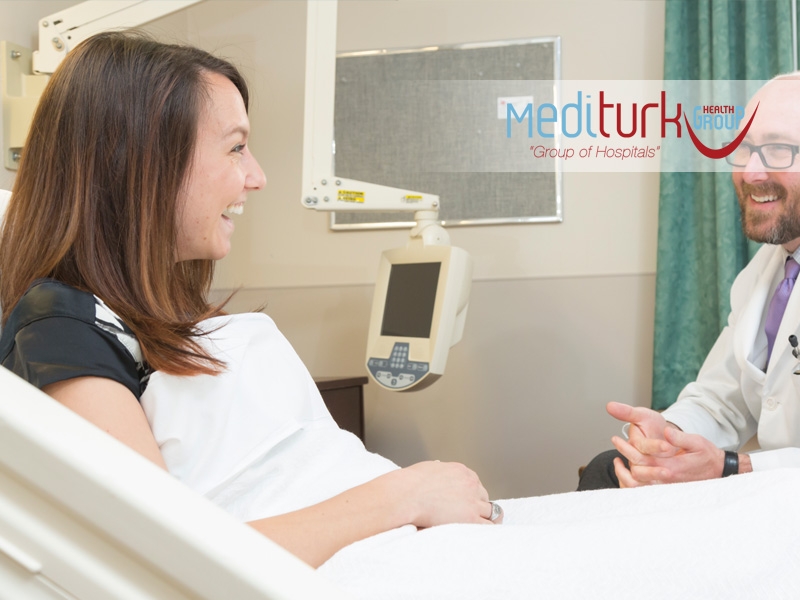- Executive Healthcheck
- ENT
- Chronic Diseases
- Alternative Medicine
- Cosmetic/Plastic Surgery
- Dentistry
- Detox
- Addiction Treatment
- Anti Aging
- Ayurveda
- Cancer Treatment
- Eye/Lasik Care
- Fertility Treatment
- Gynecology Treatment
- Hair Transplantation
- Heart Care/Surgery
- Infertility / IVF
- Laparoscopic Surgery
- Laser Surgery
- Medical Spa Treatment
- Neurology
- Obesity/Bariatric Surgery
- Organ Transplant
- Orthopedic/Knee Surgery
- Pediatric Treatment
- Rehabilitation
- Robotic Surgery
- Skin Care
- Spine Care/Surgery
- Sports Medicine
- Stem Cell Therapy
- Urology
- Vascular Surgery
- Yoga/Meditation
Gynecology Treatment

Gynecology Treatments and Surgical Procedures
Overview
A gynecologist is a trained and certified physician who specializes in the female reproductive system. In addition to providing female reproductive or gynecologic treatments, gynecologists are often trained and specialized in obstetrics, which defines a physician who is in care of a woman undergoing pregnancy and childbirth. The doctors who have undergone obstetrics and gynecology schooling receive training in not only obstetrics and gynecology, but neonatal intensive care, emergency medicine, internal medicine and depending on specialization, gynecological and oncology, GYN urology, reproductive endocrinology and reproductive genetics.
Maternal and fetal medicine that focus on the overall health care and wellness of both mother and child are the focus of obstetricians, while a gynecologist is able to treat pregnant as well as non-pregnant women with a specialized focus on urinary and female reproductive organs and system development and function.
Common Gynecology Treatments and Surgical Procedures
Women visiting their gynecologist for regular and routine exams may experience a number of issues including:
Endometriosis
Abnormal pap smears
Urinary incontinence
Yeast infections
Heavy periods
Infertility
STDs
Fibroids
Cystic ovaries
Pelvic inflammatory diseases (PID)
Other common conditions that women are often diagnosed with include:
Adhesions (scar tissue)
Amenorrhea (missed periods)
Bladder or vaginal prolapse
Adenomyosis (a thickening of the uterine walls or uterus)
Some of the most common treatments performed in the gynecology field include but are not limited to:
Diagnostic laparoscopy
Minimally invasive surgical procedures such as hysterectomy, myomectomy, and oopherectomy
Laparoscopic pelvic prolapse surgery
Tubal ligation
A few of the most common gynecology surgical procedures performed by gynecologists include:
Cryosurgery
Colposcopy
LEEP procedures
Hysteroscopy
D & C
Pelvic laparoscopy
Finding a Qualified Gynecologist and Gynecology Surgeon
Gynecologists and gynecologic surgeons or pediatricians are required to undergo basic medical training in addition to 2 to 4 years of postgraduate training in gynecology obstetrics or gynecology, also known as OB/GYN. Training focuses on immediate and direct patient care. After training and residency, physicians are able to sit for exams for certification.
Members of gynecologic and obstetrical professional and surgical associations and organizations are required to maintain their professional standing, obtain a lifelong learning and self-assessment education, complete cognitive expertise through examinations and licensing and undergo periodic evaluation for performance in practice.
Accredited and certified surgeons should belong to associations or other similar organizations or boards in the surgeon’s country of origin. Always verify the education, training and experience of any surgeon who may perform surgery and make sure they are licensed to practice in the facility of your choice.

